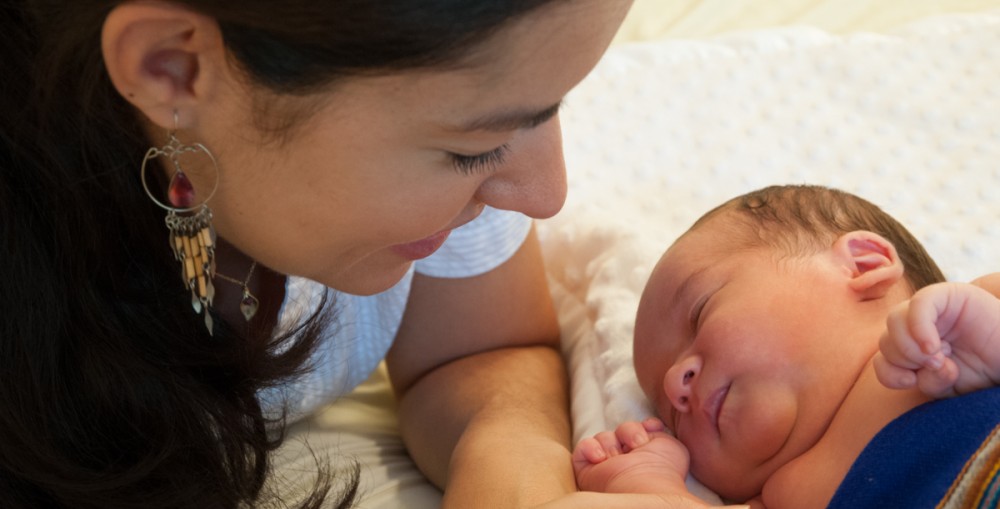I have gotten relatively far into Monique and the Mango Rains but, what has stood out to me is Anita Diamant’s immersion into the culture of Mali. In her introduction she lays out the history of Mali from its kingdoms and world famous landmarks, to its colonial roots. I felt this relates to what we have discussed in class. We talk a lot about education which is huge for developed countries, as well developing. But as I read on I see Diamant’s everyday learning such as the pagnes, Monique’s marriage, etc. So, I believe it is very important to learn the customs and culture of wherever you intend to do work such as midwifery, because something like birth is so sacred and special. By learning the customs and culture of wherever you work you are able to teach the people in communities and empower them.
Birth and Global Health

Are you talking about Chris Holloway, the author? I am not sure who Anita Diamant is. You are right, understanding a culture is essential to any successful educational endeavor. We learned in Monique and the Mango Rains that even Monique, relatively educated and certainly someone who understood the culture, has such difficulty in the face of all the obstacles families in Malawi face. But one way to ensure a lack of success is NOT to understand the culture before trying any kind of educational project.
Dr. Foster
I embarrassingly confused the author’s name with another for another book I am reading for another class. My mistake.
Not a problem
Kyle, I completely agree with you. Many cultural barriers exist for “outsiders” in a new community and culture. Thus, in order to successfully implement a project into a society, one must immerse himself or herself into the new culture by engaging in rituals, activities, and other customs of the society to learn about the target culture. As you mentioned, Chris did such that by wearing the pagnes, the clothing, of the community. As a result, she developed a great working relationship with the individuals of Mali, for she demonstrated her efforts to assimilate into the new culture rather than keeping her American ways.
In addition to the reading, I have experienced this phenomenon as well. For example, this past summer I lived in an extremely rural community in Nancimi, Nicaragua. As an intern with the Foundation for Sustainable Development working out of the local health post, I had to implement a project as well. As a twenty-one year old woman, I had to make a concerted effort to demonstrate my respect and commitment to the community prior to making any progress on my project. For instance, I participated in various activities with the community members, such as going to church, milking the cows, playing soccer, and eating new foods. In addition, every project meeting included food and refreshments. Through my actions, I broke down the barriers and gained a sense of trust with the community. As a result of the trust, I successfully facilitated preventative health trainings. I am one-hundred percent certain that I would not have successfully completed my project without participating in the community’s rituals and daily activities.